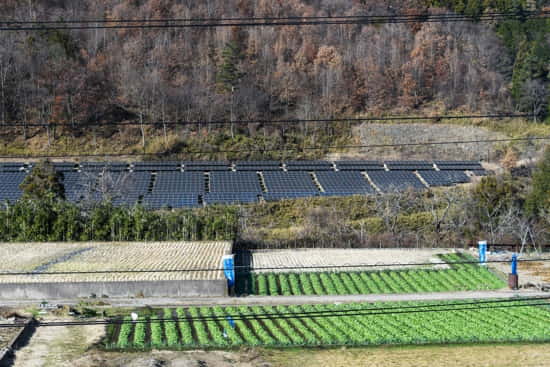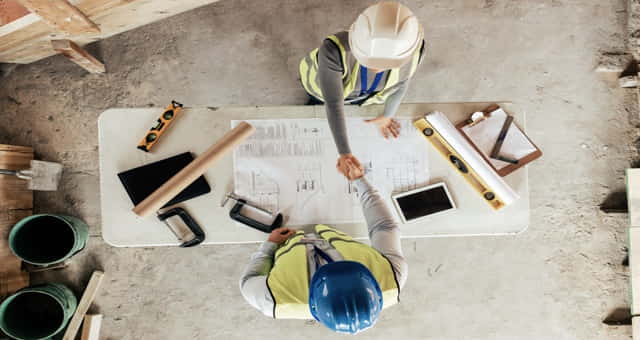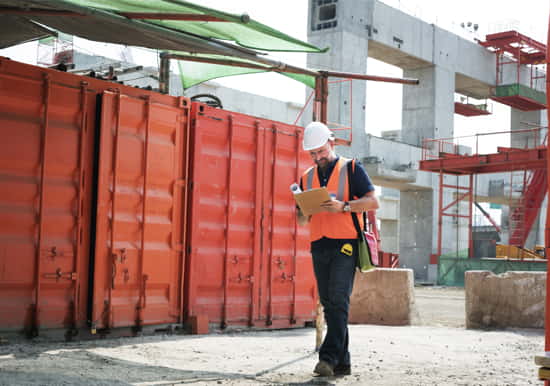Procurement in Construction: A Comprehensive Guide
Procurement in Construction: A Comprehensive Guide
Procurement is a vital aspect of the construction industry that involves the process of acquiring goods, services and works from external sources. In this comprehensive guide, we will delve into the construction procurement world, exploring its importance, types, methods, and challenges.
What is Procurement in Construction?
Construction procurement refers to acquiring goods, services, and works from external sources for use in construction projects. It involves a range of activities such as sourcing, negotiation, purchasing, delivery, and payment.
The Importance of Procurement in Construction
Procurement is a critical aspect of the construction industry for several reasons:
- It ensures that the right materials, services, and works are acquired at the right time and cost to deliver quality projects.
- It helps to control project costs by ensuring that the process is efficient, transparent, and competitive.
- It ensures that the project complies with relevant laws and regulations, including environmental, health and safety, and labour laws.
- It promotes collaboration and partnerships between the project team and external suppliers, fostering innovation and creativity.
- It helps to manage project risks by ensuring that suppliers are capable, reliable, and financially stable.
Types of Procurement in Construction
There are various types of procurement in construction, including:
- Traditional : This involves the client appointing a design team to develop a detailed design, which is then put out to tender to contractors who then bid for the construction work.
- Design and build : This involves the client appointing a contractor to undertake both the design and construction of the project.
- Construction management : This involves the client appointing a construction manager to manage the project on their behalf, including the procurement of materials and services.
- Framework : This involves the client establishing a framework of pre-qualified suppliers who can be called upon to deliver works, services or goods as required.
- Public-private partnership: This involves the private sector partnering with the public sector to deliver a project, with the private sector responsible for the financing, design, construction, and operation of the project.

Procurement Methods in Construction
There are various procurement methods used in construction, including:
- Competitive bidding: This involves suppliers submitting bids for the works, services or goods required, with the client selecting the supplier offering the best value for money.
- Negotiated: This involves the client negotiating directly with one or more suppliers to agree on the terms of the contract.
- Best value: This involves the client selecting the supplier offering the best overall value for money, taking into account factors such as quality, performance, and price.
- Sole-source: This involves the client selecting a single supplier without competition, often used when there is only one supplier capable of providing the required goods, services, or works.
Challenges in Procurement in Construction
Procurement in construction faces several challenges, including:
- Cost overruns and delays due to poor procurement
- Poor quality materials and services due to inadequate supplier selection and management.
- Legal and contractual disputes due to inadequate contract terms and conditions.
- Environmental and social impact due to inadequate environmental and social assessments.
- Corruption and unethical practices due to inadequate procurement governance and oversight.
Sustainable Procurement: A Key to Sustainable Construction
Sustainability is a growing concern in the construction industry, and it plays a critical role in achieving sustainable development goals. It refers to the process of acquiring goods, services, and works in a manner that considers social, environmental, and economic sustainability factors. In this article, we will explore the concept of sustainable procurement in construction, its benefits, challenges, and best practices.

What is Sustainable Procurement?
It is a process that considers sustainability factors, including social, environmental, and economic factors, in the acquisition of goods, services, and works. The aim of it is to ensure that activities do not negatively impact the environment, society, or the economy. It involves a range of activities, including supplier selection, contract management, and performance monitoring.
The Benefits of Sustainable Procurement in Construction
Sustainable procurement has several benefits for the construction industry, including:
- Environmental protection: It reduces the environmental impact of construction projects by ensuring that goods, services, and works are sourced from suppliers who use sustainable materials and practices.
- Social responsibility: It promotes social responsibility by ensuring that suppliers comply with labour laws, respect human rights, and promote diversity and inclusion.
- Economic sustainability: It promotes economic sustainability by supporting local businesses and creating employment opportunities in local communities.
- Improved reputation: It enhances the reputation of construction companies by demonstrating their commitment to sustainability and corporate social responsibility.
- Cost savings: It can lead to cost savings by reducing waste, improving energy efficiency, and promoting innovation.

The Challenges of Sustainable Procurement in Construction
Despite the benefits of sustainable procurement, there are several challenges that the construction industry faces in implementing sustainable practices. Some of the challenges include:
- Limited supplier options: Finding suppliers that meet sustainability criteria can be challenging, particularly for smaller construction companies.
- Cost considerations: It can be more expensive in the short term, which may be a barrier for some construction companies.
- Lack of awareness: Many construction companies are not aware of sustainable procurement practices or their benefits.
- Limited resources: Implementing sustainable procurement practices requires resources, including time, money, and expertise, which may be a challenge for some construction companies.
Best Practices for Sustainable Procurement in Construction
To overcome the challenges of sustainable procurement, construction companies can adopt best practices, including:
- Develop a sustainable policy: Construction companies should develop a sustainable procurement policy that outlines their commitment to sustainability and sets out their sustainability criteria for suppliers.
- Engage with suppliers: Construction companies should engage with suppliers to understand their sustainability practices and promote sustainability.
- Evaluate suppliers: Construction companies should evaluate suppliers based on their sustainability criteria, including social, environmental, and economic factors.
- Monitor supplier performance: Construction companies should monitor supplier performance to ensure that sustainability criteria are being met.
- Collaborate with other stakeholders: Construction companies should collaborate with other stakeholders, including clients, regulators, and industry associations, to promote sustainable procurement practices.
Conclusion
It is a vital aspect of the construction industry, and its importance cannot be overstated. By understanding the different types and methods and the challenges that it faces, construction industry stakeholders can improve their procurement practices, delivering quality projects that meet the needs of their clients and communities. IT is a critical component of sustainable construction. By adopting sustainable practices, construction companies can improve their environmental, social, and economic performance, enhance their reputation, and contribute to sustainable development. Despite the challenges, construction companies can adopt best practices to overcome barriers to sustainable procurement and create a more sustainable future for the industry.






